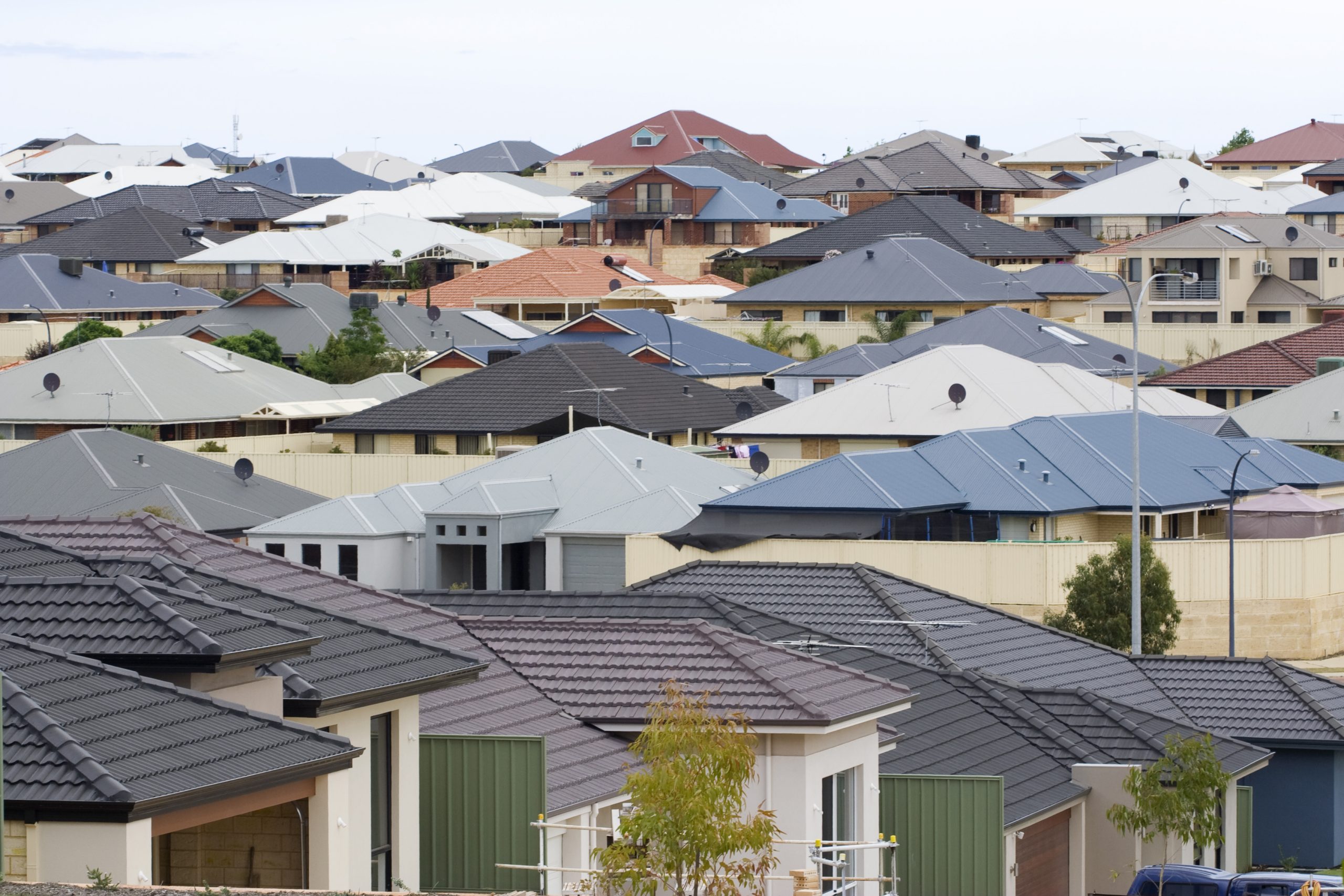
Aspiring first-home buyers are having to save almost twice as much for a deposit as they did 12 years ago, it’s been revealed.
Data analysed by Money.com.au showed that first home deposits were 99 per cent larger in 2024 compared to 2012, when official property price records began.
The average dwelling price Australia-wide has risen from $489,900 to $973,300 in that time.
READ MORE: Environment minister defends coal mine extensions
That means a 2012 first-home buyer would have need, on average, a $48,990 10 per cent deposit, compared to $97,330 today.
For homebuyers wanting to avoid lender’s mortgage insurance (LMI), a 20 per cent deposit in 2012 would have been $97,980, whereas today it’s $194,660.
Additionally, salaries have not kept pace with property prices, the data showed.
READ MORE: New search for Samantha Murphy’s body to resume today
In 2012, the average Australian earned $70,158, while in 2024, the average full-time worker is earning $100,016 — only 42 per cent more.
“The affordability gap for first-home buyers has widened dramatically, making saving for a deposit a near-impossible task,” Money.com.au home loans expert Mansour Soltani said.
“The subsequent jump in deposit requirements is forcing many first-home buyers to either delay homeownership or find alternative financing methods, like borrowing from the bank of mum and dad, or using guarantors and government support.”
Money.com.au also compared the average loan size taken out by first-home buyers over the last 12 years with the average property price during the same periods to determine the gap between the two.
READ MORE: Singapore soldiers hurt in Aussie military training base tank collision
In 2012, the average first-home buyer loan covered 73 per cent of the average property price in Australia.
However, with rising property prices and higher interest rates, today’s average loan only covers 65 per cent of the average house price.
“This tells us the average Australian first-home buyer either needs to come up with a larger deposit or settle for a cheaper property — both of which are increasingly difficult to do in 2024,” Money.com.au research and data expert Peter Drennan said.
FOLLOW US ON WHATSAPP HERE: Stay across all the latest in breaking news, celebrity and sport via our WhatsApp channel. No comments, no algorithm and nobody can see your private details.
links to content on ABC
9News





